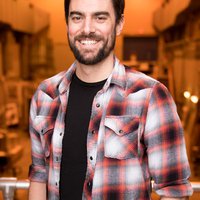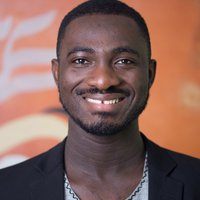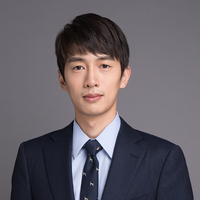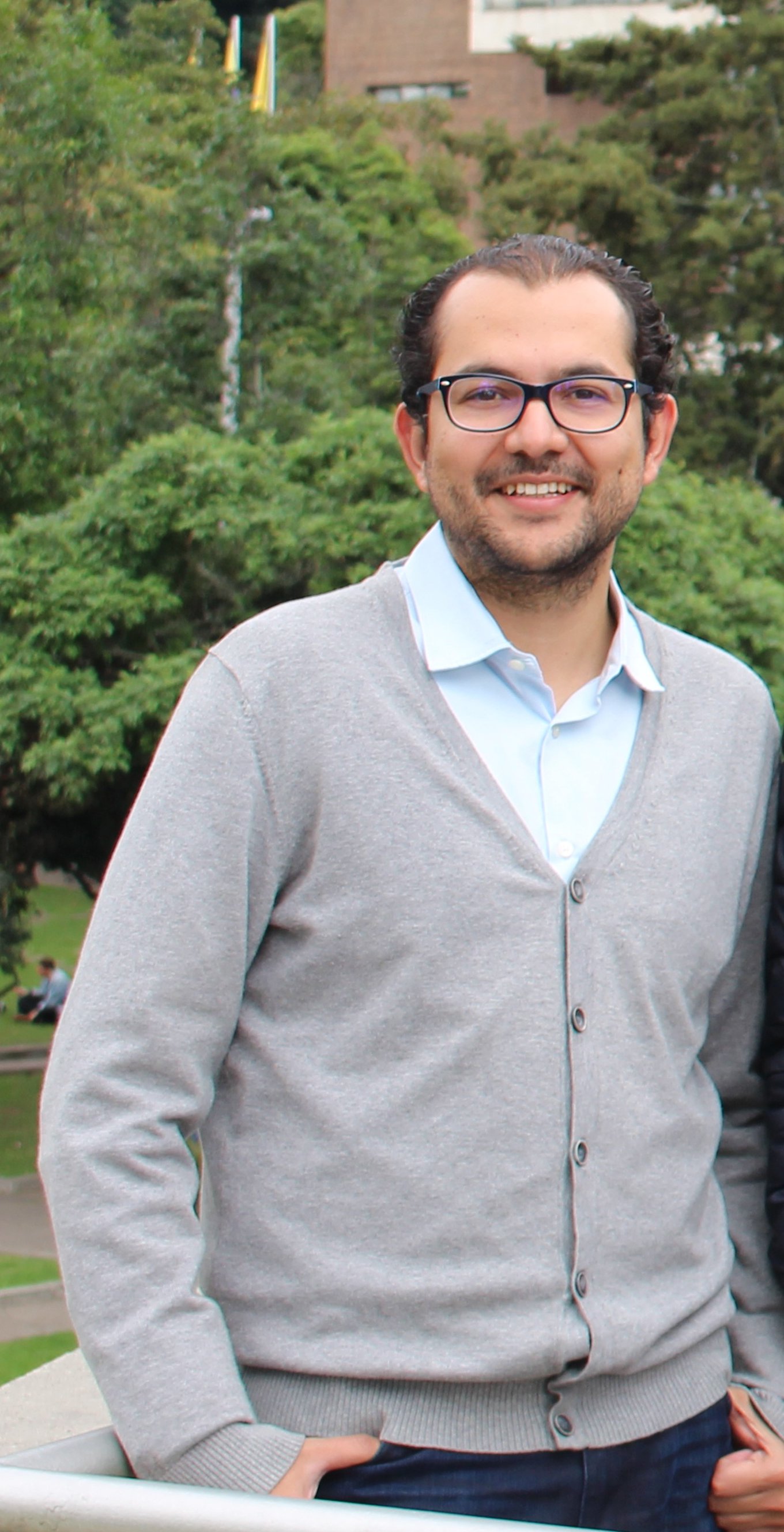Polluted water causes more than 500,000 deaths by diarrhea a year, according to the World Health Organization (WHO). Concretely, numerous cities in Colombia suffer from water pollution by mercury due to mining, according to The Colombian Environmental Information System. Between 2003 and 2013, 1,020 tons of mercury were bought in the country for internal use.
With the objective of knowing the quality of water in remote zones of Colombia, a PhD in physics and researcher of the University of the Andes, Colombia, Jaime Andrés Pérez, collaborates in a project to assist citizens with monitoring water quality in rural zones all over Colombia. Thanks to this initiative, Pérez has become a winner in the Latin American Innovators Under 35 from the MIT Technology Review LATAM edition.
In order for the monitoring to take place, the project has four types of low cost probes. The first one can only measure the temperature and electric conductivity. The newest model, aside from the previous, is also able to take pH, diluted oxygen, turbidity measurements, apparent color, and metal concentration such as cadmium, lead, mercury, and arsenic. To avoid using batteries that could pollute the water and increase cost, the project uses probes that are nurtured by thermoelectric and piezo: nano-generators since the differences in temperature and movement of the rivers generate electricity.
“The biggest problem in Colombia and Latin America is the pollution of bodies of water with heavy metals. Talking about water quality is parallel to talking about your health," the young man explains. The initiative insists that communities understand the value of water in a multidisciplinary and transversal manner. For that, the community co-designs the technology and chooses where to do readings in the zones that are most affected by human activity. “In this way, citizens feel impassioned about the quality and uses of their water and the same citizens make a characterization of the water they are drinking.”
All data is public and it deploys in real time. “The users discuss using real data and understand what they are talking about and what they have spoken about is water governance. That's how they are empowered and can raise demands to private corporations and governmental institutions. We break the paradigm of 'the citizen that does not believe in data and scientific equipment,'" says the physics engineer.
The director for the Energy Development Agency of EDF Renewable Energies, France, Alain Picasso, a member of the jury for the 2019 Latin American Innovators Under 35 exclaims, “The project suggests an adaptive solution to isolated zones at a very competitive cost.”




